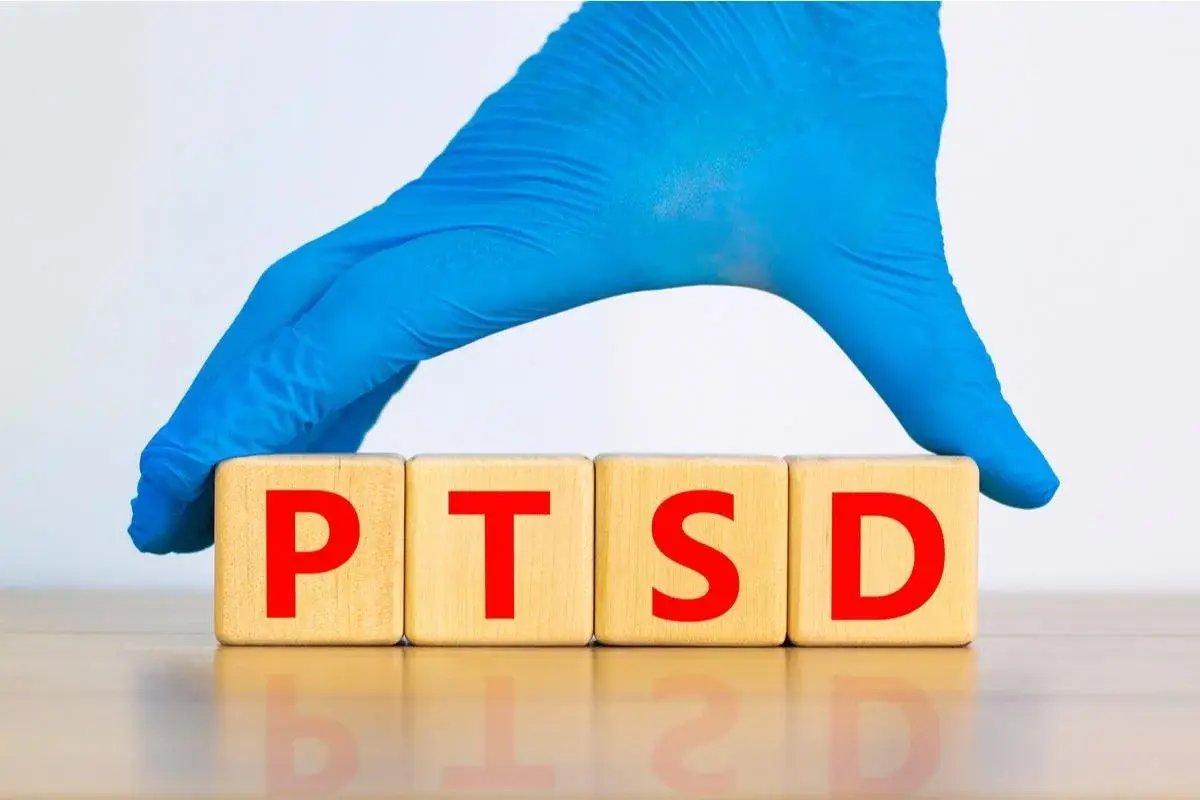
Filing a PTSD claim can feel overwhelming, but it’s a crucial step toward receiving the support you need. Whether you’re a veteran, first responder, or anyone affected by trauma, understanding how to navigate the PTSD claim process is essential for your well-being. In this article, we’ll uncover the secrets to achieving success in your PTSD claim, giving you the tools and knowledge to secure the compensation you deserve.
Understanding PTSD Claims
The first step to winning your PTSD claim is understanding what it involves. One mental health issue called PTSD, or post-traumatic stress disorder, is brought on by going through or seeing a distressing experience. It’s vital to know that your PTSD claim is not just about the diagnosis; it’s about proving the connection between your condition and the traumatic event that caused it.
The Importance of Proper Documentation
When filing a PTSD claim, documentation is your best friend. This is where many claims succeed or fail. Gather all medical records, including diagnoses, treatment plans, and therapy notes. If you served in the military, ensure that your service records are complete, particularly any documentation that connects your service to the traumatic event.
Seeking Professional Help
Navigating the PTSD claim process alone can be daunting. Seeking help from professionals, such as a solicitor or a veteran’s advocate, can significantly increase your chances of success. They can guide you through the paperwork, help gather necessary documents, and represent you in case of an appeal. Their expertise can make a world of difference in your PTSD claim journey.
Common Pitfalls in PTSD Claims
Understanding the common pitfalls in PTSD claims can help you avoid them. One major mistake is failing to provide enough evidence to link your PTSD to the traumatic event. Without clear and detailed documentation, your claim may be denied. Another common issue is not following through with your treatment. Continuity in your medical care demonstrates the severity and ongoing impact of your condition.
Your statement is a critical component of your PTSD claim. This is your opportunity to describe how the traumatic event has affected your daily life. Be honest and detailed in your account, explaining the physical, emotional, and mental challenges you face. Remember, this statement is your voice in the claim process, so it’s essential to convey the full extent of your struggle.
Timing is another crucial factor in a successful PTSD claim. Just as with an accident at work claim, there are specific deadlines for filing that you need to adhere to. Waiting too long could jeopardise your claim, while rushing the process might result in incomplete documentation. It’s essential to find a balance—file your claim promptly while ensuring you have all the necessary evidence and information to support your case. This careful approach helps strengthen your claim and increases your chances of a successful outcome.
Enhancing Your PTSD Claim with Additional Evidence
To strengthen your PTSD claim, consider adding additional evidence beyond the standard medical records. This can include witness statements from family, friends, or colleagues who have observed the impact of PTSD on your life. Their testimony can provide a more personal perspective on how the condition affects you daily. Additionally, if you have kept a journal of your experiences and symptoms, this can serve as valuable evidence.
The Appeal Process
If your PTSD claim is denied, don’t lose hope. You have the right to appeal the decision. The appeal process can be lengthy, but it’s an opportunity to present new evidence or clarify any misunderstandings in your initial claim. Having professional assistance during an appeal can be particularly beneficial, as they can help identify weaknesses in your original submission and improve your chances of success on appeal.
Securing a successful PTSD claim requires careful preparation, documentation, and persistence. By understanding the process, avoiding common pitfalls, and seeking professional help, you can significantly increase your chances of a positive outcome. Remember, your PTSD claim is a crucial step toward getting the support and compensation you need to move forward with your life. Keep your focus on the goal, and use the tools and knowledge shared here to unlock the secrets to your victory today.
More read Bicycle Accident Claims: Uncover the Hidden Payout Secrets
Navigating the PTSD claim process may seem challenging, but with the right approach, it is possible to succeed. Ensure that your documentation is thorough, seek professional guidance when needed, and be prepared for the possibility of an appeal. By following these steps, you’ll be well on your way to achieving a successful PTSD claim and securing the support you need to recover and thrive.
